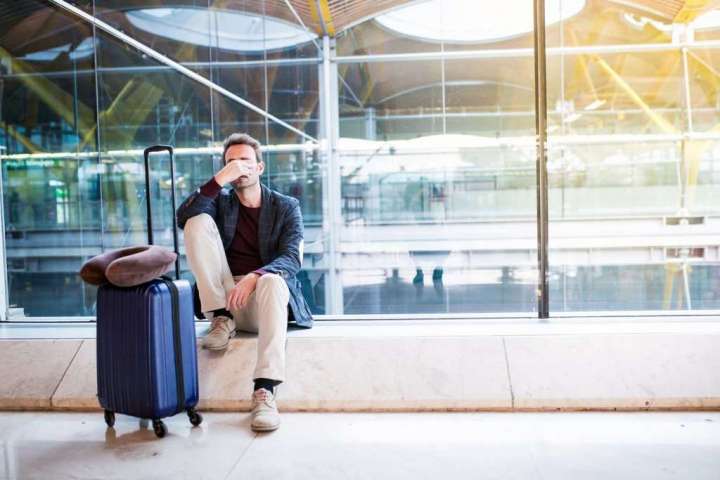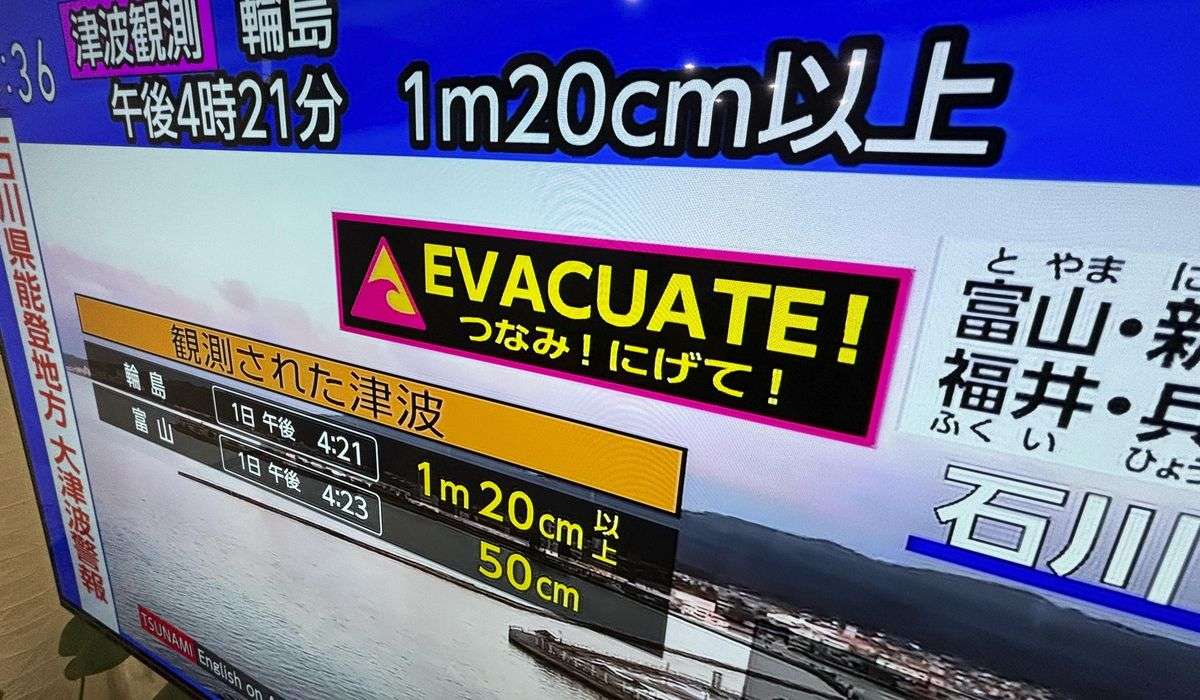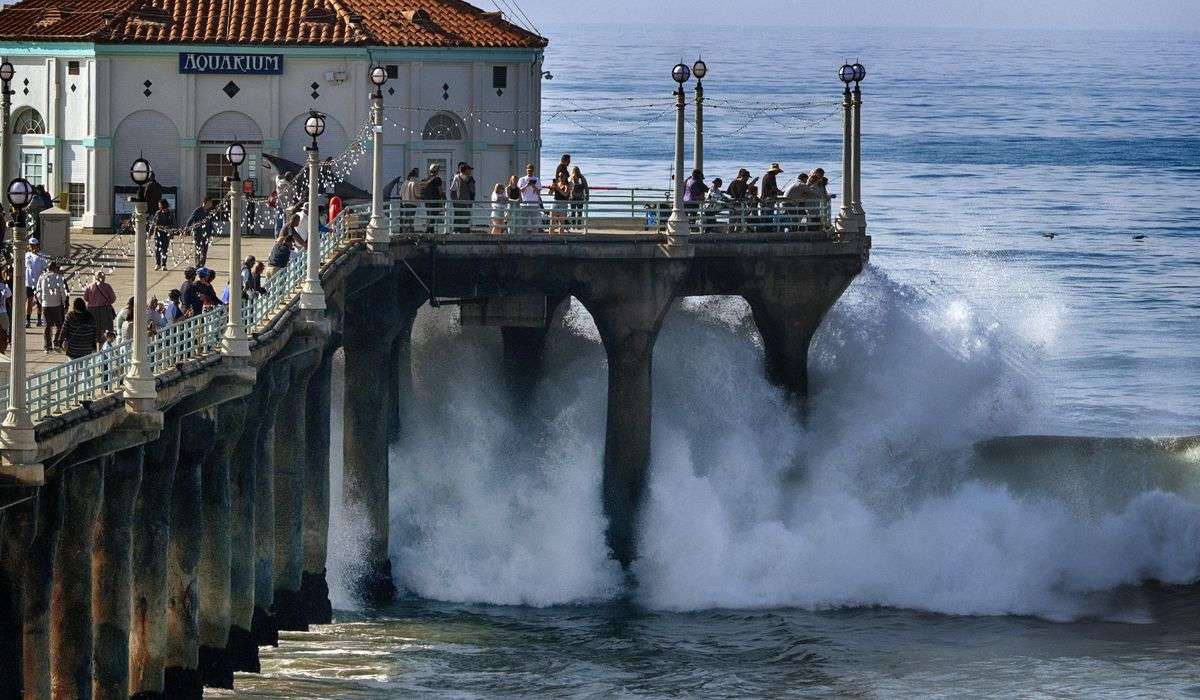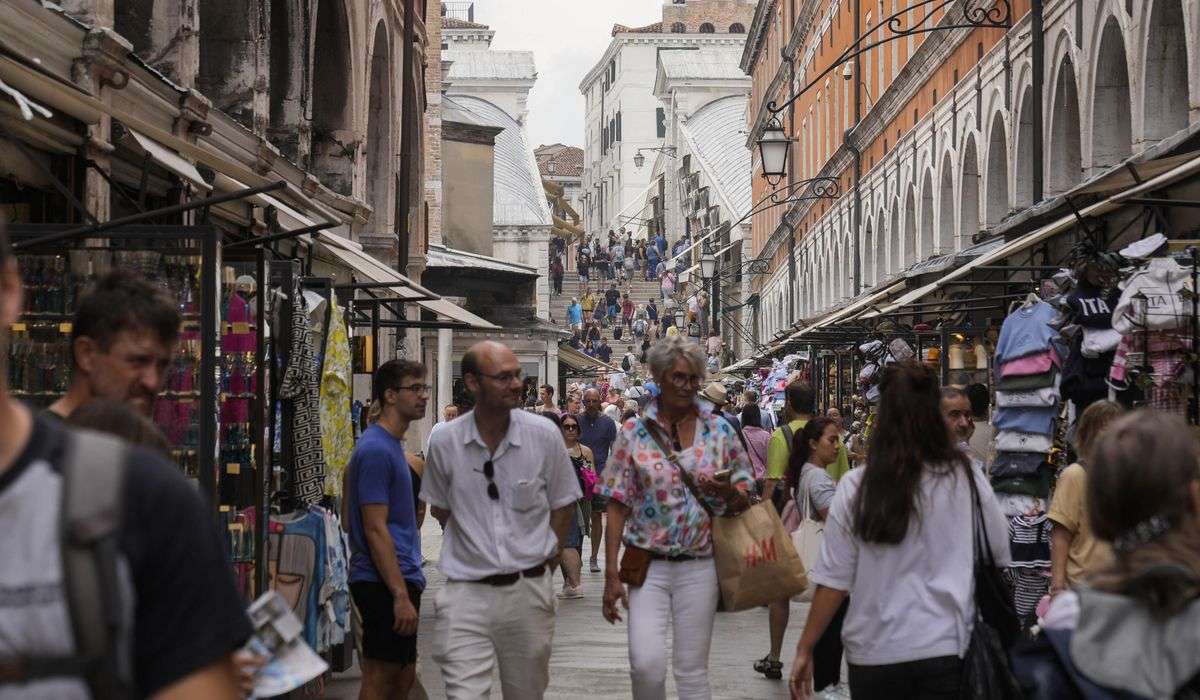What could possibly go wrong when you travel? During the summer of 2022, it’s more like: What could possibly not go wrong?
This summer, hope for the best and plan for the worst

“There are many worst-case scenarios,” says John Rose, chief risk and security officer at tour operator Altour. “Even simple things can go wrong, like a stolen passport and documents, sickness, security, strikes that can ground travelers for days.”
Dan Richards, chief executive of Global Rescue, says his clients’ greatest fear is having an accident and sustaining an injury while traveling. Other worries are more topical: contracting the coronavirus and the war in Ukraine spreading to other parts of Europe.
“Plan for the worst,” advises Mike Slone, chief travel concierge and consultant at Afore, a platform for travel advisers. He says if you’re afraid of getting stuck in a foreign country, review the latest travel restrictions and make arrangements for any needed tests.
“My biggest fear when I’m traveling this summer is contracting covid,” says Sergio Diaz, who runs a talent agency in Los Angeles. “This would not allow me to complete my itinerary.”
Christina Tunnah, general manager of the Americas for travel insurance company World Nomads, says travel insurance with coronavirus coverage can offer emergency medical assistance, cancellation and payment for some isolation costs. But don’t assume you’re covered if you get the coronavirus on your trip. “Contact your travel insurance company if you’re not sure,” she adds.
Diaz is taking precautions, such as wearing a mask in public places.
There’s also sticker shock. And it’s not just because of soaring fuel costs. Brandon Scivolette, president of a moving company in Tampa, says he’s worried about overpriced hotel accommodations and higher airfares. Just about every projection calls for record-high costs this summer across the board, so his fears are justified.
Scivolette’s worst-case scenario is paying more but getting less — a lot less. “I’ve seen how travel has changed for the worse since the beginning of the year,” he says, “and I’m afraid it will get even worse.”
It could, experts say. “There’s a greater chance of missed or delayed flights as staff work to meet the higher demand,” says Angela Borden, a product strategist at travel insurance company Seven Corners. “The odds of lost, damaged and destroyed luggage also increase because of higher flight traffic.”
Although there are no guarantees that you won’t encounter a worst-case scenario, you can take steps to decrease the odds. Travel early in the day, when flights are less likely to be disrupted, and avoid checking luggage. Also consider postponing any nonessential travel until after the summer. Prices will be lower, and there’s less chance of experiencing a service meltdown.
On top of the higher prices and lingering coronavirus concerns, summer travel in the Northern Hemisphere is fraught with weather perils such as thunderstorms and hurricanes.
“Extreme weather events like severe flooding, heat waves and wildfires are becoming the new normal,” says Frank Harrison, regional security director at World Travel Protection, a travel risk-management company. “Once-safe destinations are not immune from unpredictable and sometimes devastating climatic events.”
How about travel insurance? Stan Sandberg, co-founder of TravelInsurance.com, says the majority of companies offer global travel and concierge assistance services to help with most travel predicaments. But a typical policy won’t fix everything. “Standard travel insurance won’t cover the fear of traveling,” he warns. If you want to cancel because you’re anxious, you’re not covered unless you have a pricier cancel-for-any-reason policy.
You can protect your trip by booking travel to places with stable summertime weather. Arizona, California and Hawaii are known for more stable climates, with some exceptions. California and Arizona aren’t immune to heat waves, and Arizona has its summer monsoon season. And don’t forget wildfires, which now frequently ravage the West.
Sherry Sutton, a vice president of marketing at Travel Insured International, says careful planning can decrease the chance that your trip will be ruined by bad weather. Again, insurance can help, but it’s not a magic bullet. “Many travel insurance plans provide standard trip cancellation, but only in the case of a storm named by the National Oceanic and Atmospheric Administration, such as a hurricane,” she says.
Lauren LaBar, a travel and experience lead at the travel app Upaway, has endured many worst-case-scenario trips, including when she had a moped accident in Thailand and a flooded hotel in Portugal.
“I have never regretted having a backup plan,” she says.
But the most important thing, experts say, is having a way out of the worst-case scenario if it happens. “Smart consumers will think about what they’ll do in an emergency,” says Daniel Durazo, director of marketing and communications for Allianz Travel, an insurance provider.
You can develop a contingency plan with your travel adviser, and if you have insurance coverage, you can always phone the company’s emergency number for help. So be sure to keep those numbers handy.
Yes, there are a lot of things that could go wrong this summer. But with a little preparation, you can deal with them — and travel fearlessly.
PLEASE NOTE
Potential travelers should take local and national public health directives regarding the pandemic into consideration before planning any trips. Travel health notice information can be found on the Centers for Disease Control and Prevention’s interactive map showing travel recommendations by destination and the CDC’s travel health notice webpage.






